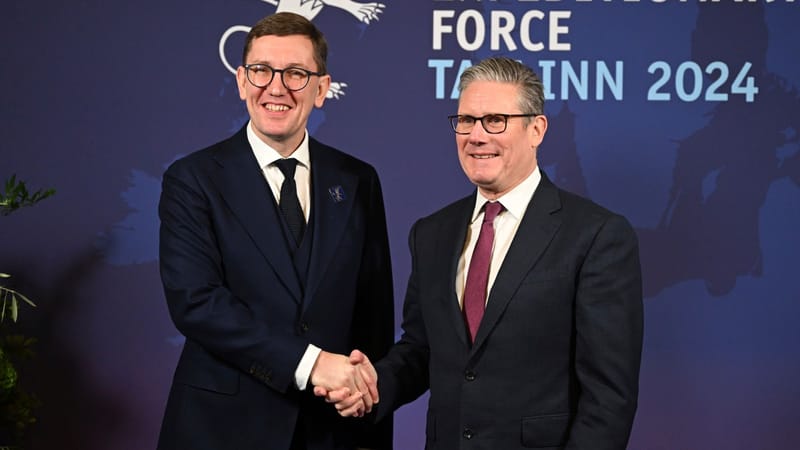A Historic Leap Towards Equality: Estonia Becomes First Ex-Soviet State to Legalize Same-Sex Marriage
Estonia etched a significant milestone in its history and that of the ex-Soviet states as its parliament passed a law on Tuesday, legalizing same-sex marriage - a beacon of hope for human rights activists, not just in Estonia, but across the globe. As of January 1, 2024, two adults will

Estonia etched a significant milestone in its history and that of the ex-Soviet states as its parliament passed a law on Tuesday, legalizing same-sex marriage - a beacon of hope for human rights activists, not just in Estonia, but across the globe.
As of January 1, 2024, two adults will be permitted to marry "regardless of their gender," in line with the approved amendments to the country's Family Law Act, according to an official press statement. The newly revised law also paves the way for same-sex couples to adopt children, marking a significant advance in the rights of LGBTQ+ community members in the country.
Emotions soared high across Estonia, where citizens celebrated this landmark decision with open hearts and open arms. In every corner of the nation, cheers of joy, embraces, and shared tears of relief filled the air, as the long-awaited day of acceptance and equality finally arrived.
The decision strengthens Estonia's commitment to safeguarding individual rights and freedoms, underlined by Prime Minister Kaja Kallas's words. "Everyone should have the right to marry the person they love and want to commit to," she stated. "With this decision, we are finally stepping among other Nordic countries as well as all the rest of the democratic countries in the world where marriage equality has been granted."
In a spirit of unity and understanding, the Prime Minister emphasized that the move neither strips rights away from anyone, nor does it impose on societal norms. Rather, it endows many with something crucially important - recognition, respect, and equal treatment under the law.
The passage of this law builds upon the progress made in 2016, when Estonia legally recognized same-sex relationships under the Registered Partnership Act. However, it marks a significant leap by moving beyond recognition to grant full marriage rights to same-sex couples.
A recent survey by the Estonian Human Rights Centre, conducted in April 2023, found that over half of the Estonians, around 53%, believe that "same-sex partners should have the right to marry each other." This statistic indicates a shift in societal attitudes from 2012 when 60% of the surveyed population opposed marriage equality.
The Minister of Social Protection, Signe Riisalo, expressed gratitude towards the patience and understanding demonstrated by the LGBTQ+ community over the years. "I hope that, in time, those opposed to marriage equality come to see that we don’t lose anything from taking such steps, but rather that we all gain from them," Riisalo added.
This milestone in Estonia’s history reaffirms the progress the world is making towards equality and acceptance, particularly in a region historically known for its conservative views on social issues. Today, Estonia stands tall, not only as a testament to its own societal growth and maturity but as an inspiring example for the rest of the world.




